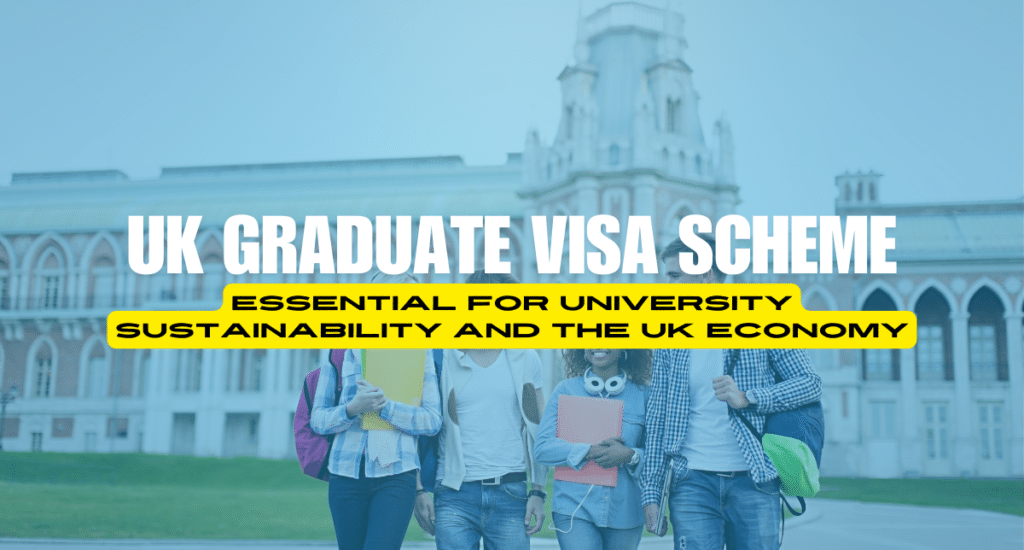UK Graduate Visa Scheme: Essential for University Sustainability and the UK Economy
The Migration Advisory Committee (MAC) has strongly recommended that the UK government retain the graduate visa route, recognising its significant economic and educational benefits. The MAC’s review highlights that international students are not just crucial for the financial health of universities but also bring substantial contributions to local economies. Annually, international students add billions to the UK’s economy, supporting jobs and services in university towns and cities. However, in an election year, there is a risk that political pressures might lead the government to ignore these findings. Prime Minister Rishi Sunak faces intense scrutiny from his party’s right wing to reduce legal migration, despite the potential dire consequences for higher education institutions. Limiting this route could lead to job losses, course closures, and a reduction in research funding, risking some universities’ very survival. The MAC also raised concerns about the negative impacts of new restrictions on international student recruitment, evidenced by a sharp decline in student deposits. Are you concerned about meeting international student recruitment objectives in this challenging environment? Global Student Centre offers expert guidance and strategy development to help your institution navigate these turbulent times. Contact us to see how we can support your goals and ensure your institution remains competitive in attracting global talent.
UK Graduate Visa Scheme: Essential for University Sustainability and the UK Economy Read More »



